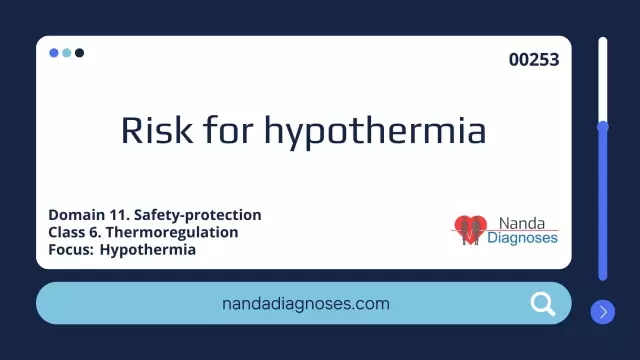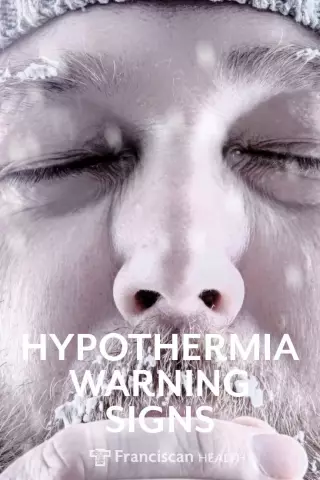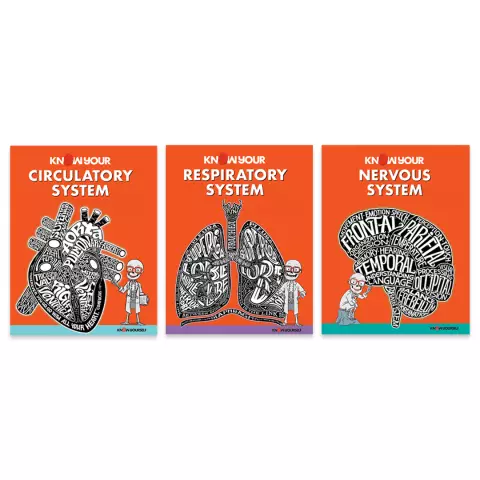- Author Rachel Wainwright wainwright@abchealthonline.com.
- Public 2023-12-15 07:39.
- Last modified 2025-11-02 20:14.
What is the risk of hypothermia of the body?

Severe frosts that treacherously came with the arrival of winter and plunged into a stupor most of our compatriots, forced many people to think about the sharply increased risk of hypothermia and take some preventive measures to prevent it. Severe frosts and heavy snowfalls have elevated the repair of fur coats, sheepskin coats and down jackets to the rank of the most relevant services of the season, since no one wants to earn hypothermia and a whole "bouquet" of unpleasant consequences after it.
Hypothermia is also called hypothermia. This phenomenon is characterized by a strong drop in body temperature, which entails negative changes in the state of the body. It leads to disruption of normal metabolic processes, the usual functioning of all organs and a decrease in the body's ability to replenish heat loss.
As you know, hypothermia of the body is the result of a person's prolonged stay in the cold, especially often in very severe frosts and in wet windy weather. The severity of the effects of hypothermia depends on its degree. Hypothermia in any particular part of the body leads to local tissue damage called frostbite. For example, with hypothermia of the face, its cover greatly loses moisture and becomes rough, and there is also a risk of developing conjunctivitis, sinusitis, facial neuralgia and inflammation of the trigeminal nerve. Hypothermia of the ears can cause otitis media, the appearance of boils and the development of sensorineural hearing loss. Hypothermia of the head is very dangerous, which entails the development of vascular spasms, the occurrence of regular breaking headaches, meningitis and hair loss.
If the entire human body is supercooled, complete hypothermia occurs, called freezing. General hypothermia of the body is a real stress for it, as a result of which the body's defenses are greatly reduced, and there is a danger of very serious consequences. Regular hypothermia of the body causes pain in the muscles and joints, the development of polyarthritis and radiculitis, which subsequently become chronic. In addition, hypothermia of the body provokes inflammatory processes of the genitourinary system, leading to adnexitis, nephritis, cystitis and prostatitis. Due to freezing, myocarditis, tonsillitis, bronchitis and even pneumonia and cerebral edema occur.
It is better to take all measures to prevent hypothermia than to "reap" later on its depressing consequences.
Found a mistake in the text? Select it and press Ctrl + Enter.






